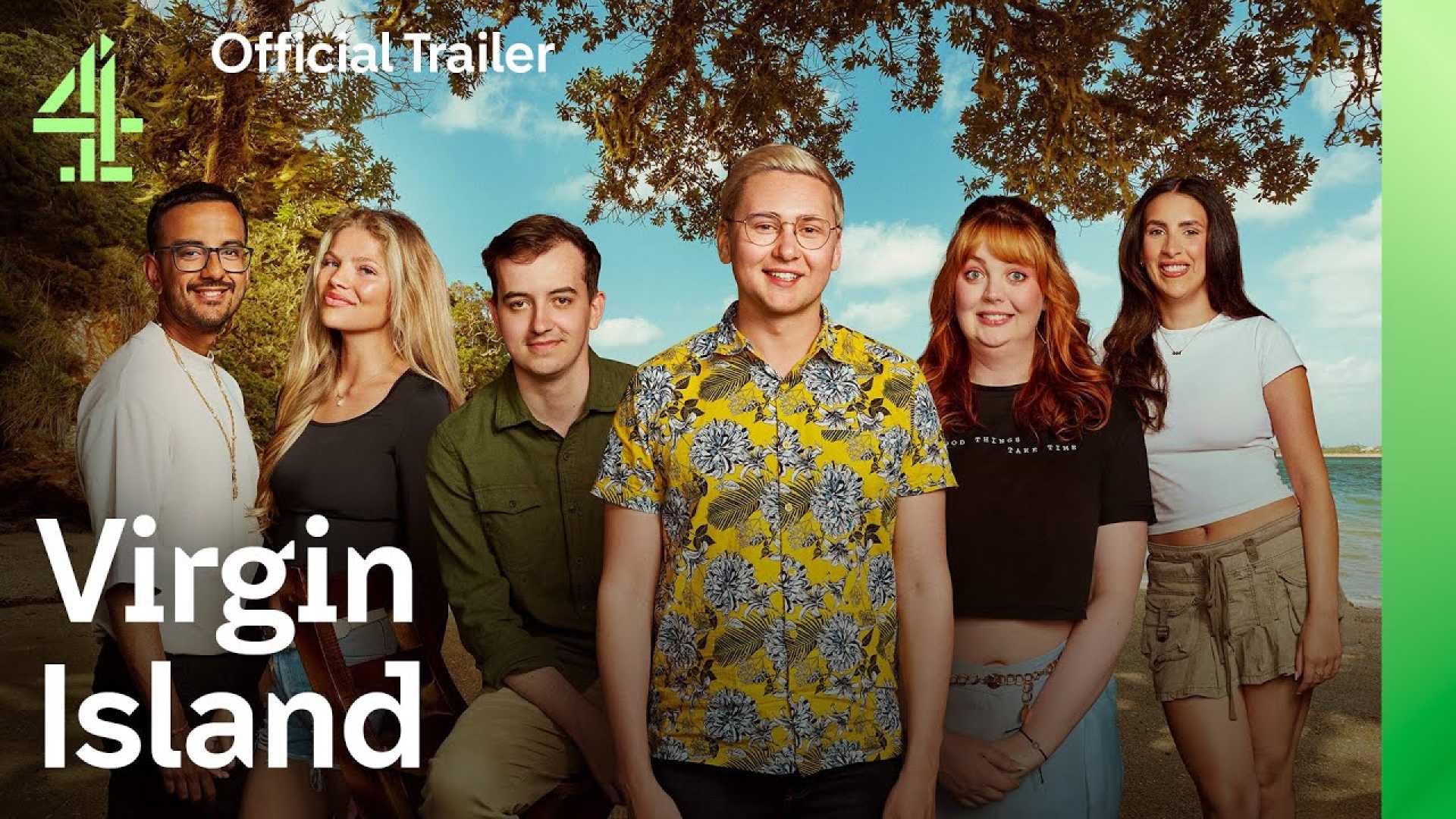Entertainment
The Rise of Virginity-Themed Reality TV Sparks Conversations About Sexuality

LOS ANGELES, CA — Virginity-themed reality TV shows are making waves, drawing audiences into discussions about sexuality. Programs like Hulu‘s ‘Are You My First?’ and TLC‘s ‘Virgins’ are centering on the lives of adult virgins navigating their sexual journeys, highlighting a societal obsession with virginity in contemporary culture.
‘Are You My First?’ features a diverse group of eligible virgins, showcasing their struggles and triumphs in a competitive dating environment. The show blends elements of humiliation and tropical aesthetics often seen in reality dating shows, drawing parallels to the rising trend of virginity TV that coincides with a broader ‘sex recession’ affecting young adults.
Bob Thompson, a Syracuse University professor, emphasizes that societal constructs around sexual purity are deeply entrenched in patriarchal norms. He notes, “Those kinds of changes have really revolutionized the way we’ve thought about the very nature of sexuality.” As young adults grapple with feelings of shame and the desire to redefine their experiences, this phenomenon sheds light on their complex relationships with intimacy.
Gen Z, often criticized for being late bloomers in romantic experiences, is now scrutinized under the lens of these shows. Carter Sherman, a reporter for The Guardian, claims that reality TV depicting virgins serves as a medium to address the lack of sexual activity among younger generations. “Doing a reality television show that focuses on virgins is a way to exemplify that phenomenon and provide a vehicle for talking about it,” she asserts.
Additionally, Alicia Solomon, a clinical psychiatrist, observes that the popularity of these shows reflects ongoing societal shifts in attitudes toward sexuality. “It’s a way to vicariously experience shameful or embarrassing moments,” she points out, noting how these programs create validation for those struggling with similar issues.
Thompson also remarks on the exploitation inherent in such formats, suggesting that while these shows bring humor and empathy to the discussion of virginity, they ultimately commodify the experiences of participants. “It’s hard to keep fighting for love and romance in a world that can feel pretty awful,” says Dr. Solomon, indicating the delicate balance creators must maintain in portraying personal narratives.
Despite ethics concerns, the appetite for content surrounding dating and virginity persists, mirroring the evolving nature of sexual discourse in media. The rise of virgin-focused programming is not merely entertainment; it reflects broader discussions about sexual politics and societal expectations, igniting deeper conversations among audiences in a changing world.












